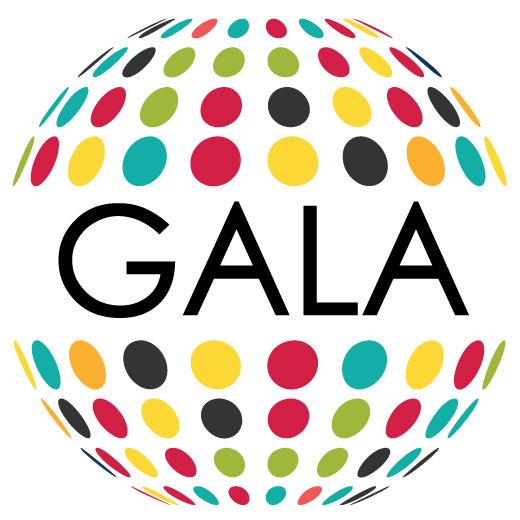
Web Foundry
Welcome to University College Utrecht
Posted on March 29, 2018
University College Utrecht was founded in 1997 by Hans Adriaansens, at that time Dean of the Utrecht University Faculty of Social Sciences. Adriaansens had a vision of a small scale international college, modeled after the American and British colleges. In 1998 UCU opened its gate as the international undergraduate honors college of Utrecht University.
It was the first organization in the Netherlands to implement the spirit of liberal arts and sciences, an educational concept that breaks away from the traditional Dutch paradigm, where focus is on disciplinary specialization throughout the entire curriculum. Following the Bologna Accord in 1999 the academic educational systems in Europe started a transformation towards a two-tier system of undergraduate (more general) and graduate (more specialized) education. In this process UCU gained increasing recognition as an example and source of inspiration.
After a decade of experience UCU now counts as an example of innovative education, and no fewer than five liberal arts colleges have opened their doors in the Netherlands since.
Hans Adriaansens left UCU in 2004 to found, under the UU umbrella, a liberal arts college in Middelburg, Zeeland: University College Roosevelt.
University College’s premises are of historical origin. About a century ago, builders were digging an excavation for the big chimney located towards the back of the campus and discovered the remnants of an old well dating back to the eleventh or twelfth century. In those days the grounds belonged to a monastery called Oudwijk. It is hardly surprising that human bones were found: between 1100 and 1600 many battles were fought in Utrecht. During one of these the monastery was set on fire and almost completely burned down.
The area was called Galgenwaard, a reminder of which can be found in the FC Utrecht football stadium which still carries that name. It comes from the Dutch word for gallow: galg. In medieval times convicts were hanged in the city center; to enhance the deterrence effect, the corpses were then relocated for an indeterminate period of time. They ended up in the fields on which the Kromhoutkazerne was built.
UCU is modelled broadly on American college campuses: all buildings are located together on our historic site, including student accommodation, classrooms, social facilities and staff offices. UCU students are selected against criteria which highlight their academic and extra-curricular potential.
At UCU, students are strongly encouraged to take active roles both on and off the campus, whether it be organizing student activities, volunteering in the local neighborhood, participating in cultural or academic workshops, or playing sports. A unique spirit of community and participation at UCU means that students learn, develop and enjoy life both inside the classroom and outside it.
According to the Association of American Colleges and Universities (AAC&U), “liberal education is an educational philosophy rather than a body of knowledge, specific courses, or type of institution. By drawing on a broad range of knowledge, it asks students to grapple with complicated, important issues, and usually expects them to learn about at least one subject in greater depth and at an advanced level. Intellectual growth occurs as both broad and deep learning challenge previously held beliefs.”
This quotation summarizes a lot of what University College Utrecht is about. At UCU, students to a large extent develop their own specific and individual curriculum, driven by their motivation for learning, by the questions and issues they want to pursue academically, and by their ambitions. There are some curriculum requirements, of course. Students are required, for example, to take classes across the three departments (Humanities, Sciences, Social Sciences) and to complete two ‘tracks’ (sequences of courses up to the advanced level) within the department of their major.
As the quotation suggests, liberal education is more than getting acquainted with various domains of scholarship. Students are also encouraged to think across the borders of disciplines and to develop cross- or interdisciplinary ways of thinking, related to important questions and issues in society or in academia. The ability to think creatively and ‘outside the box’, always grounded in a solid basis of disciplinary knowledge, is an important competence for further study and for a professional career.


Responses